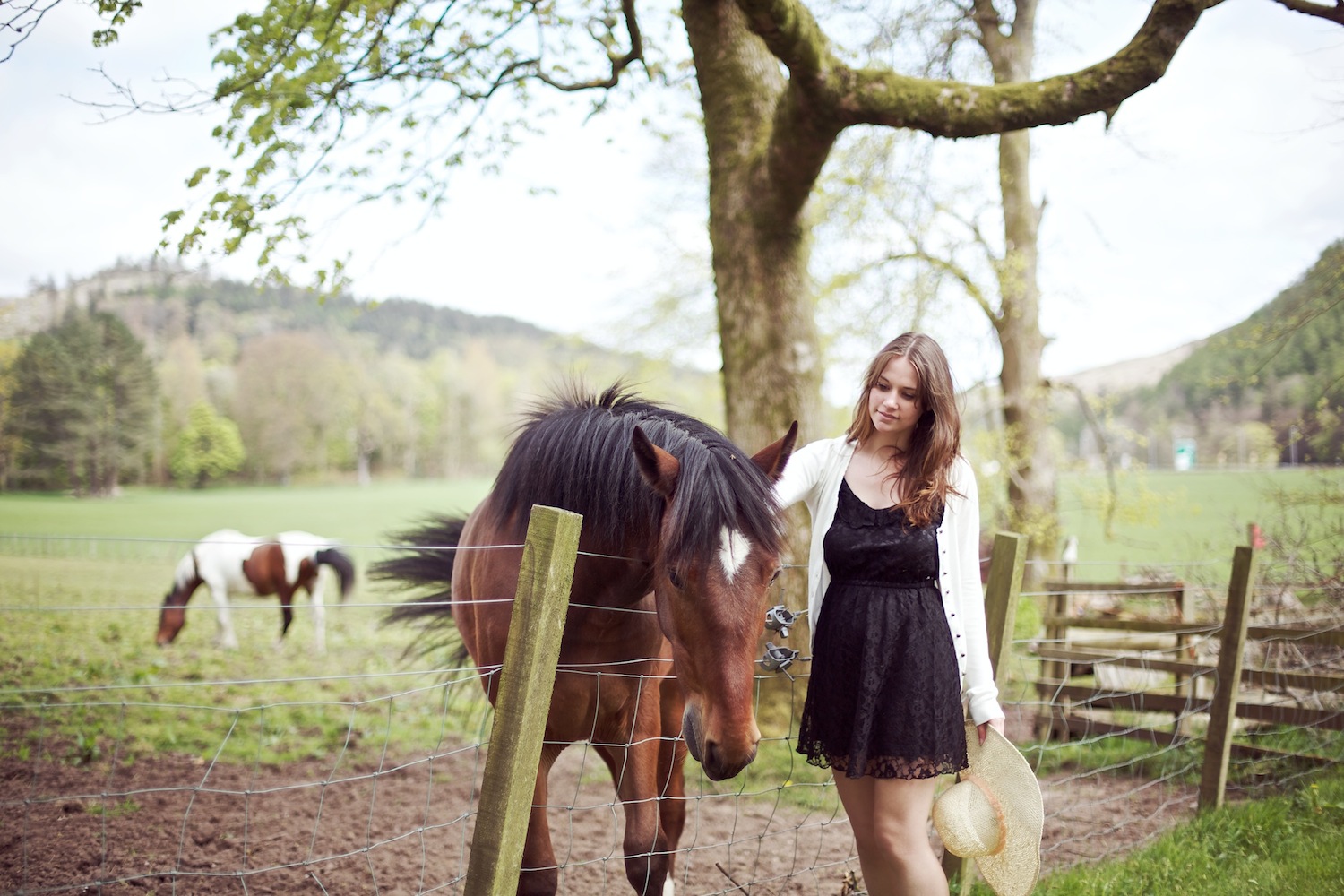Winter is one of the least welcome seasons in the equestrian calendar as short days and long nights mean long durations spent in the stable for our equine companions. Although stabling protects them from the elements, being stabled for long-term periods can have detrimental effects on horses who quickly become bored and can develop unwanted vices such as weaving, windsucking and crib biting to name but a few. If your horse has started to exhibit some of these signs don’t panic, there are tried and tested methods that can keep your horse happy when stabled, reducing boredom to help them to reduce or eliminate their unpleasant vices for good.
-
It’s all about accessorising
You may be more akin to looking at shoes or jewellery when considering accessories, however, the hottest trend for all horse owners is accessorising your stable. By accessorising, we mean enhancing your stable with games, treats and puzzles that can help them while away their time in the stable. Equi balls are a great idea as they can be filled with pony nuts or a cool mix that will roll out as the horse nuzzles or kicks the ball around his stable. You can hang fresh fruit and vegetables such as carrots and apples from ropes hung from beams in your stable so that your horse can nibble on them or even add additional windows to allow your horse to enjoy the view of a busy working yard.
-
Two’s company
Horses are herd animals by nature and they like to live in large groups for company and security. If you keep your horse in a livery yard the chances are he will have at least one or two field mates for companionship, however, the likelihood of them all being stabled together at the same time is not always guaranteed. If your horse will be spending longer periods in the stable than his field mates then try and arrange for him to have a stable overlooking the field so that he can see and communicate with them, or maybe invest in a non-equine stablemate such as a goat to keep him company.
- Hay net happy
Hay or haylage is an essential part of a horse’s diet and they should be fed this roughage on a daily basis. To prevent your horse’s powerful jaws from chomping through the roughage too quickly feed the hay/haylage in a hay net with fine holes. Your horse will need to use his muzzle to grab the hay from the hay net and so will feed on smaller amounts over a longer period of time, helping to beat boredom in the stable.
-
Space savvy
According to the British Horse Society, horses that are stabled require a minimum of 12ft x 12ft in which to move around, eat and sleep, however, we suggest that horses who are stabled over 50% of the time are given a much larger space in which to roam. Regular turnout and exercise are a must of course, but this additional leg room will prevent your horse from becoming stiff in the stable.

